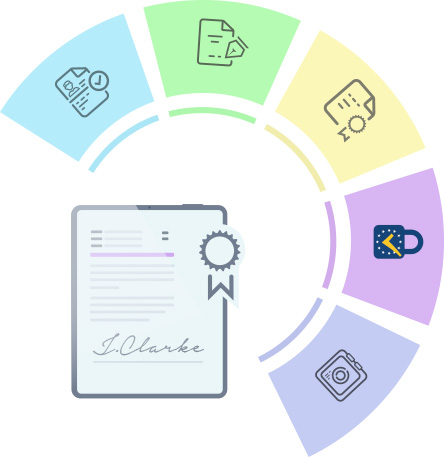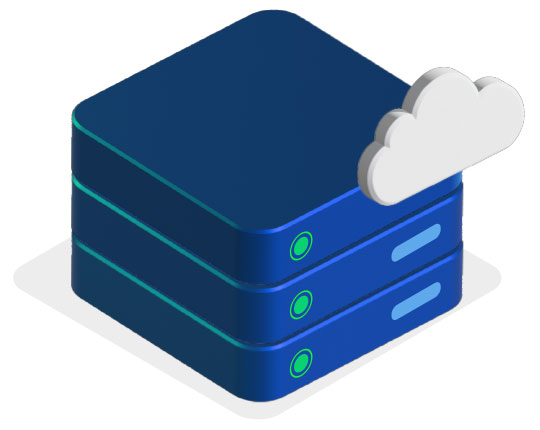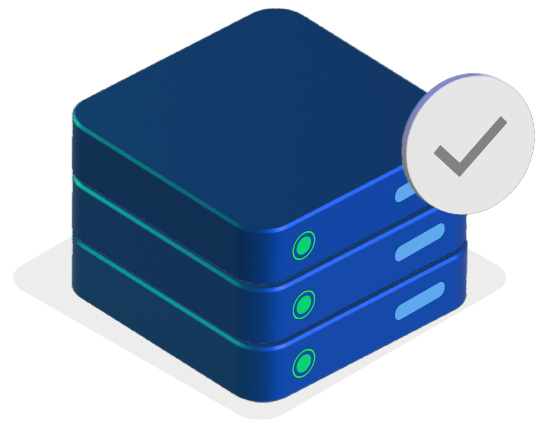Banking and finance
Secure digital signature and document workflow solutions
Secure digital signature and document workflow solutions
Confidentiality, security and privacy are integral to the banking and finance industry. As more of the globes financial organisations undergo digital transformations, finding solutions that meet strict security and confidentiality requirements is crucial to their success.
Ascertia aids the industry by providing products that facilitate secure, efficient document approval workflows. They are essential for initiatives, such as:
With flexible Digital Certificate solutions and digital security products the industry can trust, it’s clear to see why the industry chooses Ascertia.


Today’s banking institutions need secure products their customers can use anytime, anywhere. Whether they’re signing up for a new banking product or signing mortgage documents electronically, eIDAS-compliant remote signing is a must-have for modern banks.

As a highly regulated industry, banking and finance firms must confidently know who their customers are – and have the ability to prove they’ve done the required KYC and Anti Money Laundering (AML) checks.
Ascertia’s ADSS Signing Server works with global Trust Service Providers (TSPs) and Certificate Authorities (CAs) to provide peace of mind of your customers digital identity with secure audit trails for recordkeeping.
We have a relationship with Ascertia for more than 10 years. We have grown very fast in the last years based on the new solution that Ascertia had, mainly in the financial industry but also in other areas like health, mining, services and others. With Ascertia we are creating solutions for the financial industry for signing contracts … and creating the back-end part of the SigningHub in order to complete all the functionalities that … the company requires.
Roberto Riveros
CEO
CertiNet